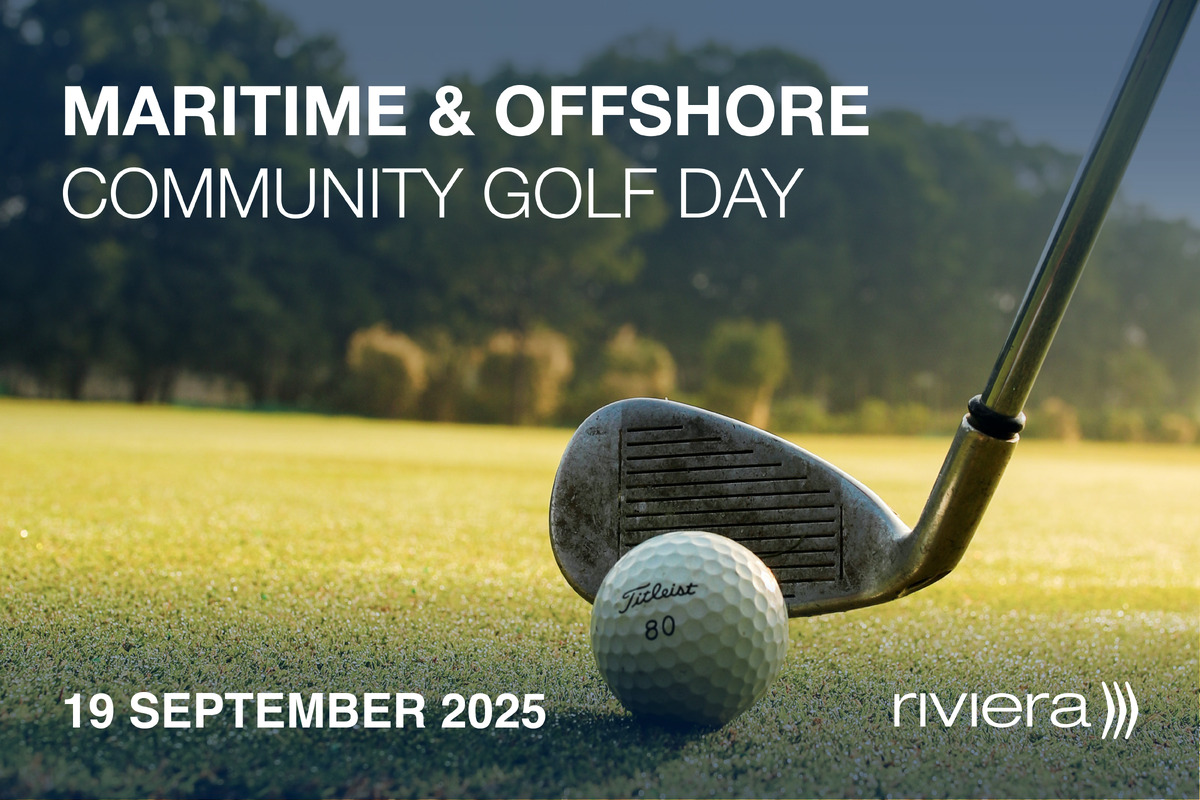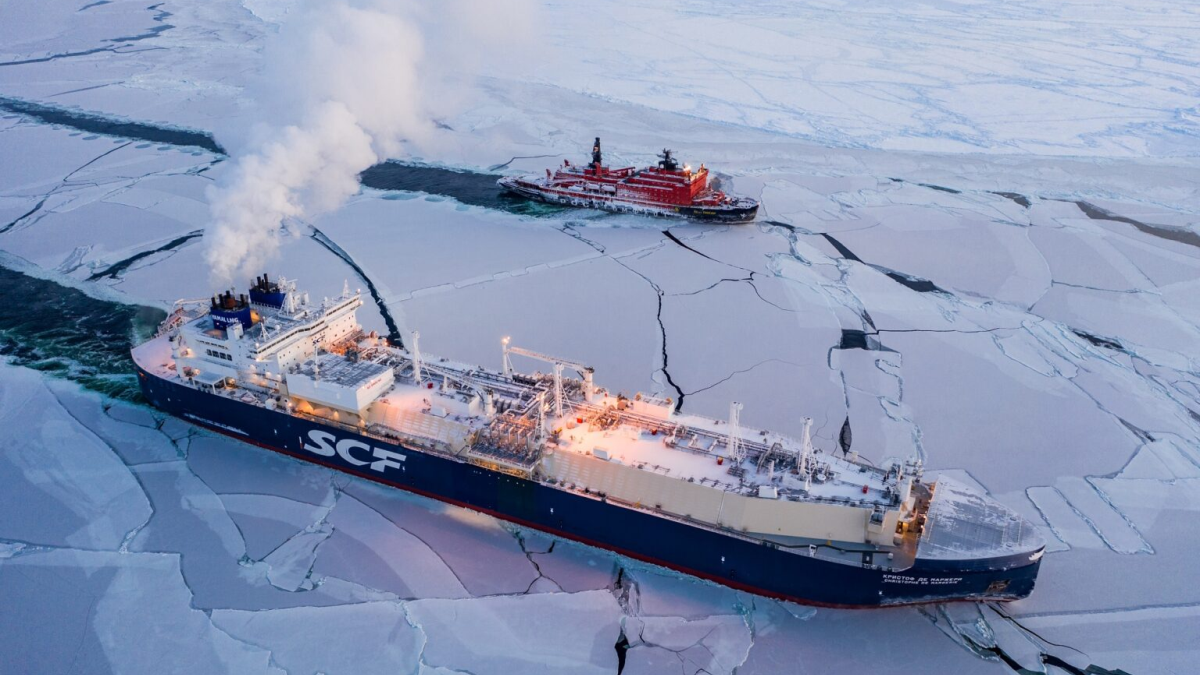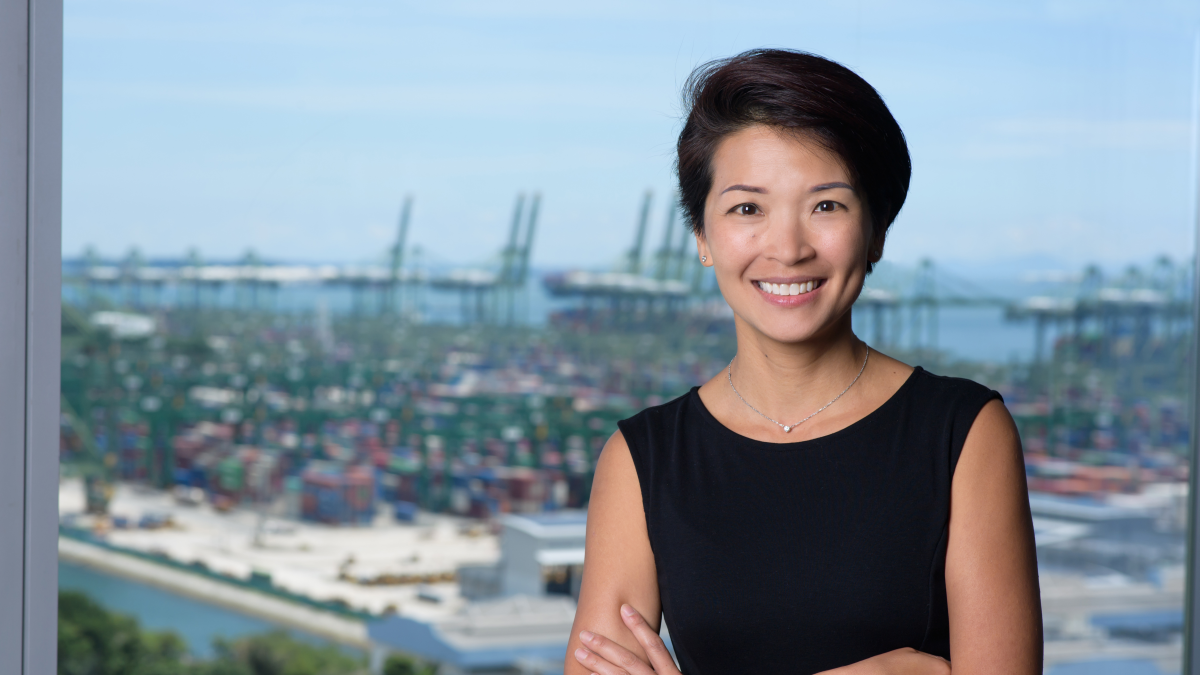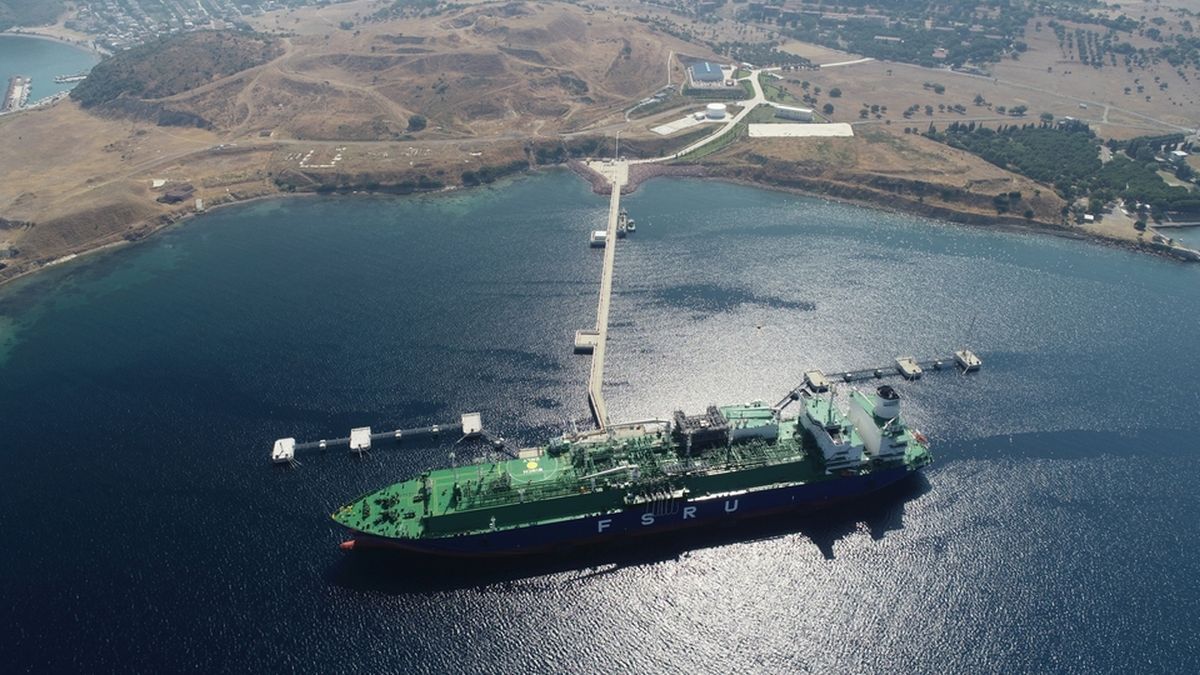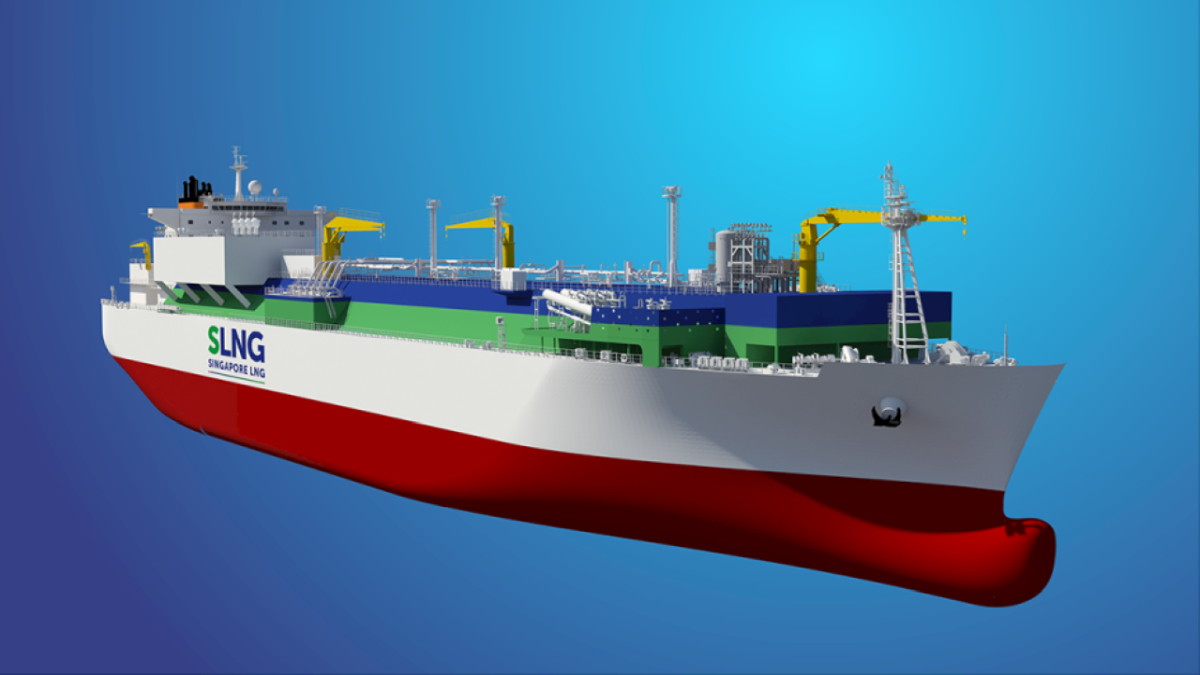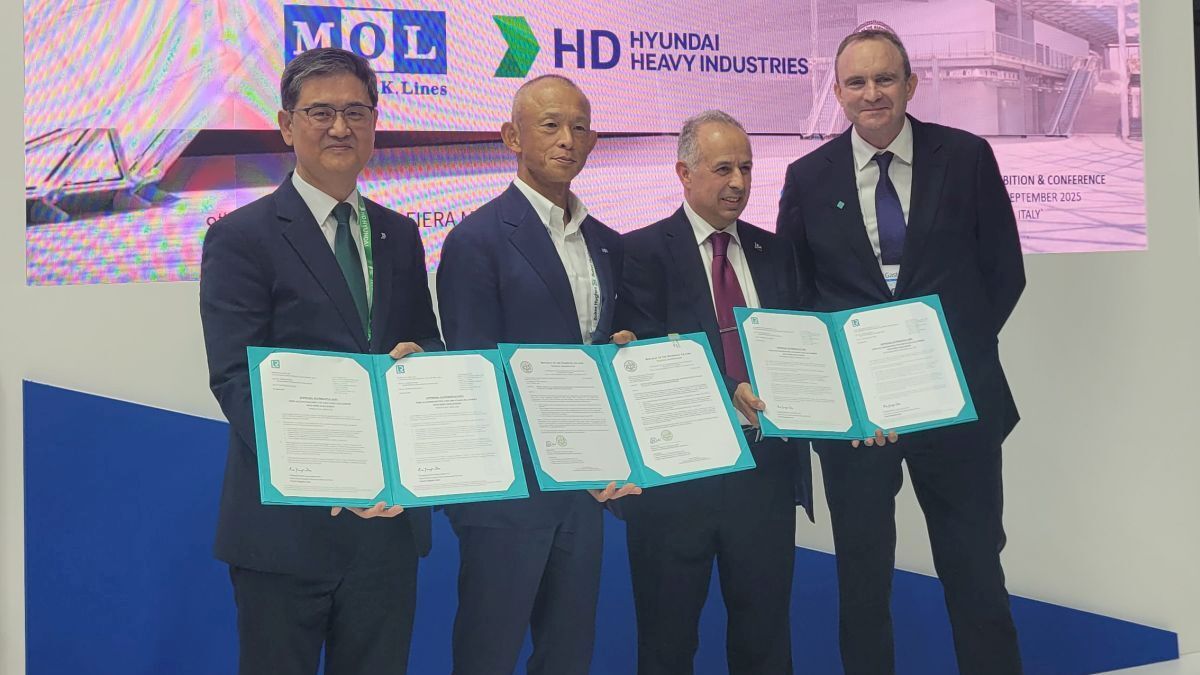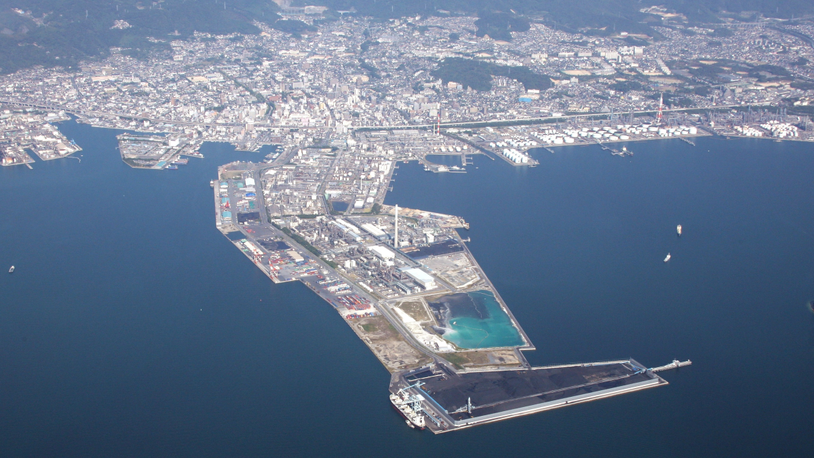Business Sectors
Contents
Panama takes aim at Russian shadow fleet
Panama Maritime Authority tells ships under its flag to stick to the rules or face the consequences
As the total number of sanctioned vessels engaged in Russia’s oil trade hits 415, after US Treasury’s OFAC agency sprang back into action after half a year’s soft-pedalling, Panama may be showing the way forward in dealing with rogue ships, whatever their trade.
Instead of trying to identify suspect vessels, the Panama Maritime Authority has started insisting that all the ships under its flag simply stick to the rules or face the consequences.
In early 2025, the authority’s acting director general of merchant marine, Rina Berrocal, announced Panama will enforce existing regulations that will speed up the “deregistering of non-compliant, polluting, or vessels of an opaque background while also enhancing fleet monitoring and updating data on Panama-flagged ships.”
In short, its merchant fleet must comply with international regulations and standards.
Simultaneously, the authority’s deputy administrator, Alexander de Gracia, promised the registry would “adopt a zero-tolerance policy against the improper use of vessel registration.” The authority followed that up by deregistering 125 vessels with a further18 ships under review. In this, Panama was simply reflecting the actions of OFAC, EU and UK, which had also sanctioned the ships, but it has also put in place its own mechanisms that threaten the shadow fleet.
The authority has drawn up a list of illicit activities involving smuggling, illegal trade, piracy “or any other criminal activity”. For instance, Panama is the first flag in the world to toughen up on offshore ship-to-ship transfers of hydrocarbons, a common resort of the shadow fleet, by insisting on mandatory traceability in the form of a full notification of the planned transfer at least 48 hours in advance, as well as full technical and logistical details. If any breach is sufficiently serious, the offending vessel will be thrown out of the registry.
“There is a zero-tolerance policy against the improper use of vessel registration”
In this way, Panama is targeting covert crude transport, an increasing amount of it under ‘spoofing’ and sanctions evasion.
The registry is also tackling the shadow fleet’s favourite tactic of chartering old tankers. Not only has Panama been axing vessels from its books, it now bars tankers and bulkers that are older than 15 years. This is important because shipowners have been happy to sell ships into the shadow fleet that would otherwise be retired. “[This] is commercially advantageous for them: retiring old vessels involves paying for them to be scrapped, while selling them into the shadow fleet brings in money — a lot of it,” notes Elisabeth Braw, senior fellow at America’s Scowcroft Centre for Strategy and Security.
Broader sanctions
In the last few months and weeks the shadow fleet has been hit from other directions though. In May, the EU more than doubled the number of sanctioned vessels that Atlantic Council commentator Kaja Kallas described as “the most wide-sweeping package since the start of the war.” It named 189 vessels originating from third countries such as the UAE, Turkey and Hong Kong, banned them from port access, issued further bans on a wide range of services essential to the ships’ operational capabilities, named individuals and froze their assets, and launched measures against insurers.
Insurance could be the next weapon in the fight. From early August, Norway followed other European governments by demanding that all foreign-flagged tankers make a full disclosure of their insurance arrangements. This is happening as insurance companies grapple with claims from groundings and other accidents triggered by jammed GPS.
“Buyers and sellers are likely to find ways to circumvent the new rules”
Overall though, the latest sanctions are nothing if not comprehensive. “Restrictive measures on the shadow fleet are intended to dismantle its operational capacity, thereby reducing the oil revenues that support Russia’s war economy,” the EU announced. According to Brussels, the measures are hurting, citing €38Bn in lost revenue in the last two years.
The latest list from OFAC hits mainly Sovcomflot-linked ships flagged in Russia and Barbados with some in Panama, despite that country’s latest actions, and one in Gabon. They include oil and product tankers, supply vessels, tugs, icebreakers, research ships and even passenger ships. A fleet of Gazpromneft’s Russia-flagged bunker ships is also blocked, along with 13 Rosneft ships.
Tankers in the 80,000-125,000 dwt range are the most targeted vessels. According to brokers, currently a quarter of the global Aframax and long-range 2 ships, the latter typically transporting refined petroleum like jet fuel, is sanctioned. And because they may be trading illegally, another seven percent of the category is considered at risk of being blocked.
As a main customer for Russian oil, India is also in the crosshairs of OFAC under secondary sanctions. In 2025 alone India imported about 1.6M barrels a day of Russian crude but now faces hefty tariffs if it continues to do so. In another complication for India, its third-largest refinery, Nayara Energy, is predominantly Russian-owned but was sanctioned by the EU in mid-July and some ports are refusing entry to its fleet.
Iran is also in trouble. Singapore-based container carrier SeaLead, a regular supplier to Iran, was forced to hastily cancel the charters of 16 vessels after it was named in OFAC’s latest list. The blocked vessels account for about half of SeaLead’s entire, wholly chartered fleet.
The move is part of OFAC’s toughest action against Iran in nearly seven years that saw over 100 individuals, companies and vessels identified in what the agency describes as a “shipping empire at the heart of Iran’s illicit oil trade”. No less than 52 vessels operating under front companies tied to the Shamkhani family were blacklisted.
The effectiveness of the sanctions regime will be closely watched over the next few months. So far, Russia has been a step or two ahead, as the EU and UK in particular have been slow to follow up the sanctions with action. That is why shipbroker Gibson predicts: “Buyers and sellers are likely to find ways to circumvent the new rules and may increasingly go dark with their trading practices to ensure cargoes find a way to the market.”
And yet the noose is clearly tightening.
Related to this Story
Events
Maritime & Offshore Community Golf Day 2025
Offshore Wind Webinar Week
Maritime Decarbonisation, Europe: Conference, Awards & Exhibition 2025
Offshore Support Journal Conference, Americas 2025
© 2024 Riviera Maritime Media Ltd.
